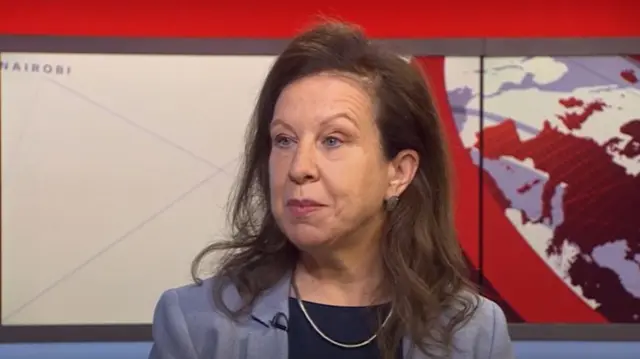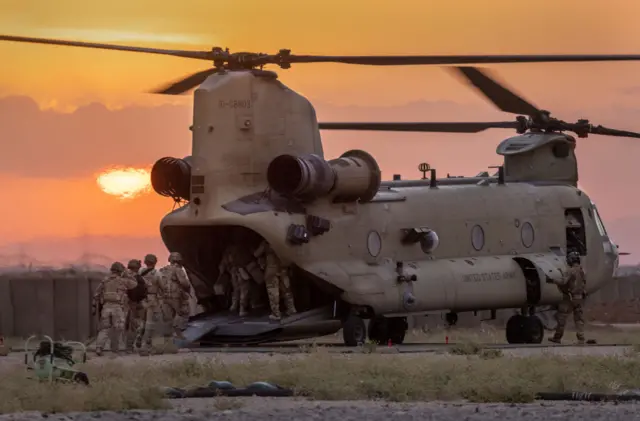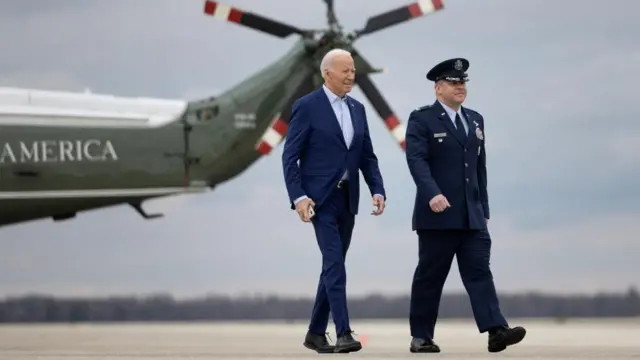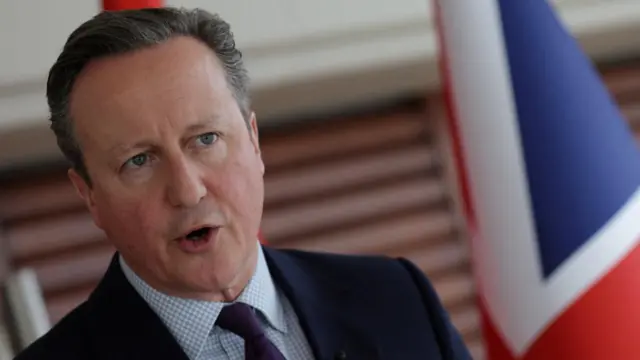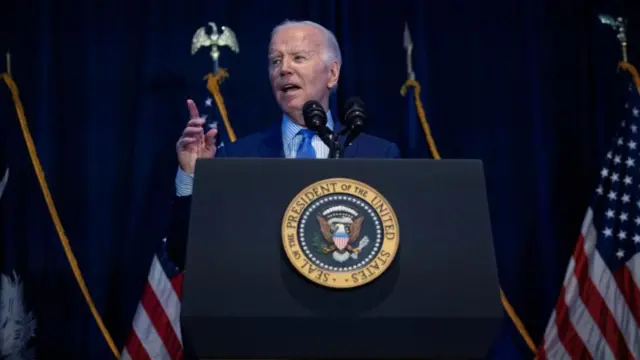Your questions answered: Can the UK suspend UN funding without asking Parliament?published at 14:10 GMT 29 January 2024
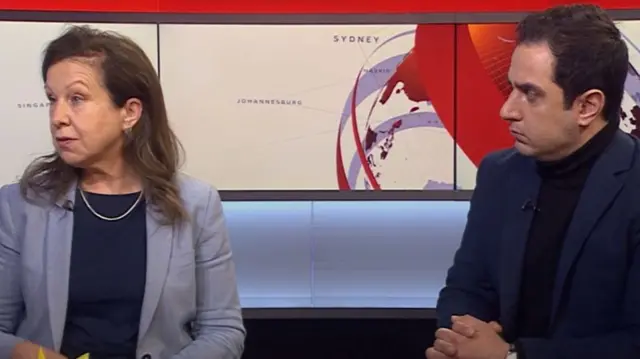
Here is another question from our YQA session on the BBC News channel, to Lyse Doucet about a UN agency.
Bilal, in England, asked if the UK is allowed to halt funding to the United Nations Relief and Works Agency for Palestine Refugees (UNRWA) without consulting Parliament first.
Countries including the UK, US, Germany, Italy, Japan and Austria made the decision to suspend payments to UNRWA after the agency sacked several of its staff over allegations they were involved in the 7 October attacks on Israel by Hamas.
Lyse said this wasn't a decision that had to go through the UK Parliament - and stressed that the move is a "suspension" of payments "not an end". She continued:
Quote MessageUNRWA says this is collective punishment, that they are investigating and they have suspended [staff]. They will deal with it, they say, but don't punish all the Palestinians."
An UNRWA spokesperson has said if funding isn't resumed, the agency will not be able to continue its operations beyond the end of February.
